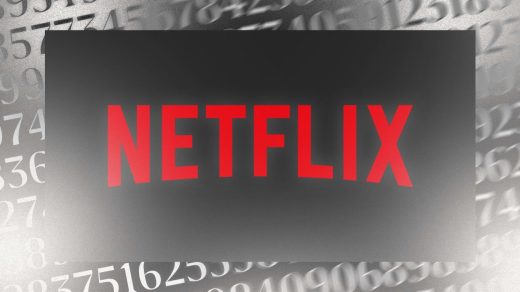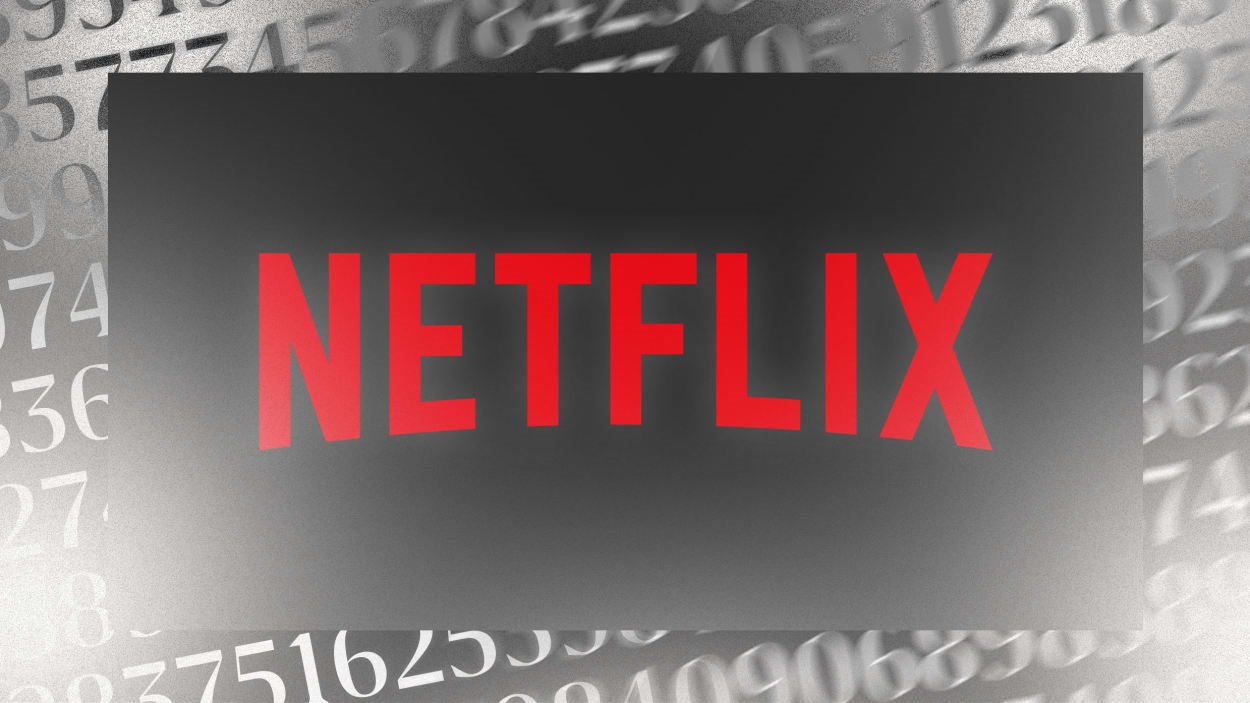Netflix subscriber numbers soar following password sharing crackdown: report
One of the biggest tech stories last month was Netflix’s implementation of its password sharing crackdown in the United States, which essentially stopped subscribers from being able to share access to their accounts with those outside of their households. The crackdown made headlines for days as many subscribers said it would be the death of Netflix. Yet, quite to the contrary, Netflix subscriber numbers appear to have soared in the days following the password sharing crackdown.
That’s according to data from Antenna, which has been tracking Netflix subscriber numbers for over four years. The subscription analytics firm says following May 23, which is when Netflix implemented its password sharing crackdown, the world’s most popular streamer “had the four single largest days of U.S. user acquisition” since Antenna began tracking subscribers.
In the four days following May 23, average daily signups on Netflix totaled 73,000 per day—a 102% increase from the prior 60-day average. And on May 26 and May 27, the first Friday and Saturday after the crackdown—which is when people tend to use Netflix most—Netflix saw average daily signups reach nearly 100,000 on both days. To put this post-password crackdown subscriber surge into even more perspective, it exceeds the number of new average daily signups in March and April 2020, when COVID-19 lockdowns began and people were stuck at home and desperately needing to occupy their time with streaming content.
It should be noted that cancellations were also up in the days following the password crackdown, according to Antenna’s data, but the firm notes that the ratio of Netflix sign-ups to cancels since the crackdown is up 25.6% compared to the previous 60-day period, which means overall Netflix is gaining subscribers after the password sharing crackdown.
What does this data imply? It seems that while people loved to get access to Netflix via shared passwords, they love having access to the service more—even if they need to pay for it.
(16)



